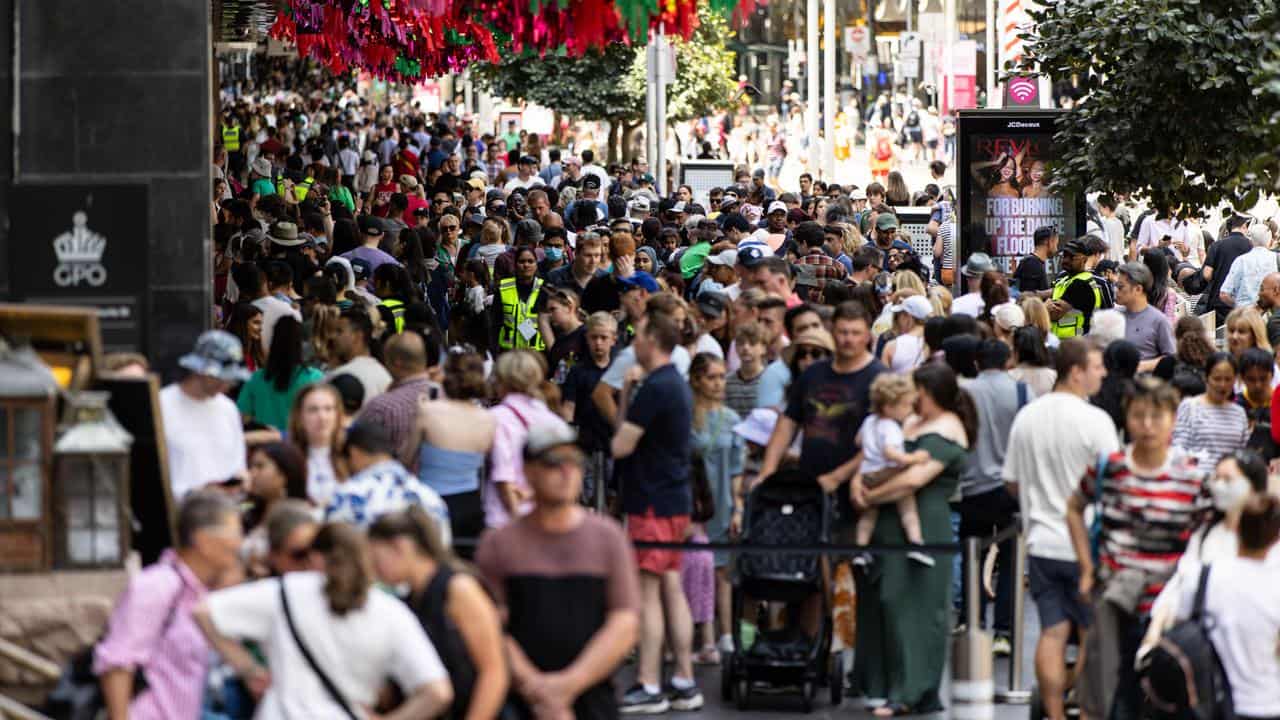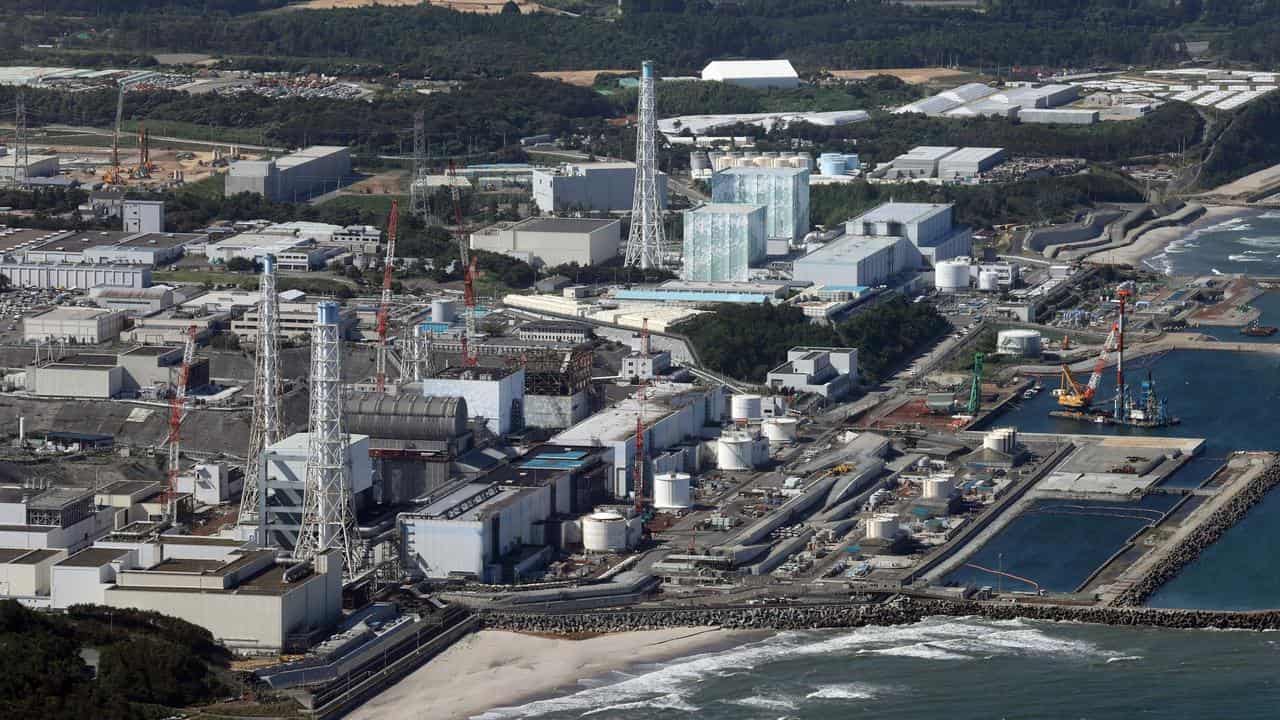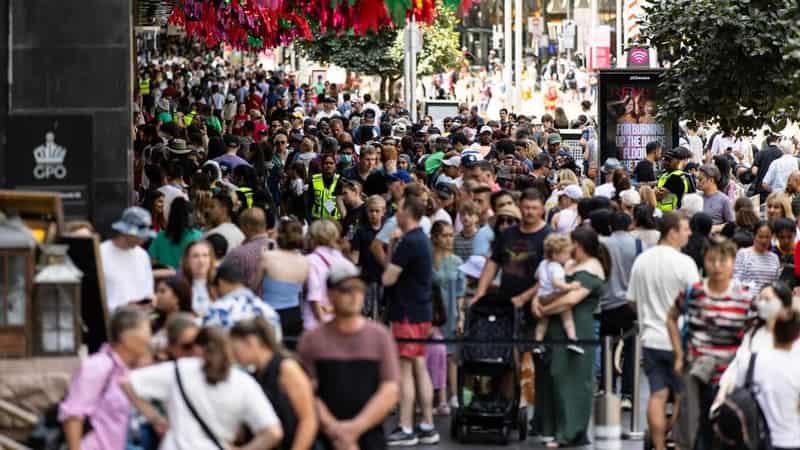
Almost one in two people believe there are too many migrants moving to Australia, even though the vast majority of Australians believe cultural diversity is a boon for the nation.
A new poll released by the Lowy Institute on Australian attitudes revealed 48 per cent of respondents said the total number of migrants coming to Australia each year was too high.
This result was only a slight increase from the last time it was asked in 2019 and remains 6 percentage points lower than its 2018 peak, but it still reflects an 11 point rise since 2014 - months after the government launched its infamous Stop the Boats campaign.
The number of people who believed the migration intake was "about right" has also dropped from 47 per cent in 2014 to 40 per cent in 2024.
Despite this, nine in 10 Australians still believe the nation's culturally diverse population has been positive for Australia, when multiculturalism is a product of decades of immigration, report author Ryan Neelam said.
"We find that people can hold contradictory views in their mind at the same time, but it may not be explained as a contradiction," he told AAP.
"People see the country's identity as being a multicultural one, but when it comes to the immigration rate it looks like they've become less open towards that.
"It is such a large, complex issue ... depending on which part of the issue you ask about, people could have views that seem quite different.
This political debate is now playing out as the nation endures a cost of living crisis, with the major parties introducing policies that link migration to economic impacts and housing issues.
The poll also showed Australians' perceptions of China have shadowed a broader stabilisation of the diplomatic relationship.
In 2022, China's favourability hit record lows with just 12 per cent of Australians trusting Beijing to some degree.
But the election of a Labor government has provided a circuit breaker in tensions and Australian politicians have re-engaged with their Chinese counterparts as Beijing progressively lifts trade restrictions.
The 2024 opinion polls haven't rebounded to the highs of 2018, when more than half of Australians trust China, but they show 17 per cent of Australians now trust China to act responsibly in the world.
However, a potential military conflict in the South China Sea, and one between the United States and China over Taiwan have been identified as two of Australia's biggest threats over the next decade.

On home soil, perceptions of nuclear power have shifted.
In 2024, 61 per cent of Australians support its use when almost the same proportion of people were opposed to building nuclear power plants thirteen years earlier.
Mr Neelam says contextual factors may have played a role with the Fukushima nuclear accident fresh in Australian minds in 2011 and the federal opposition spruiking nuclear power in 2024.
"It's a combination of some distance between the last disaster, advancement of technology, changing community attitudes and the ongoing threat of climate change," he said.









